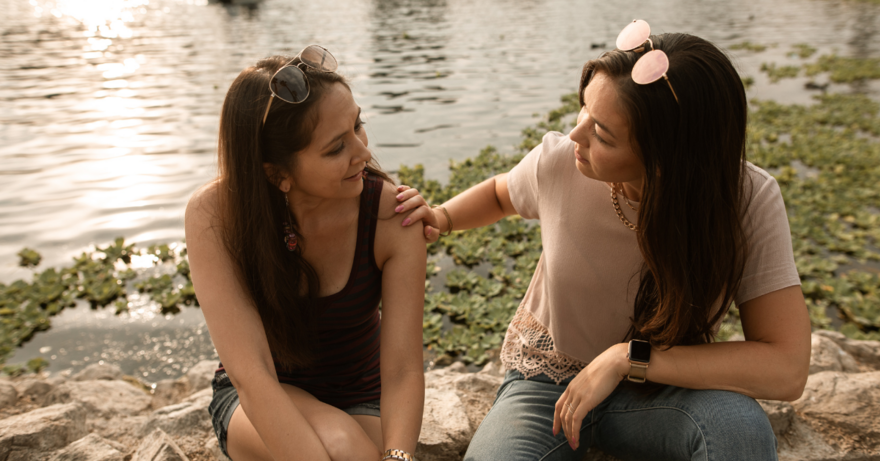What's better than the Golden Rule?

If you're like me, you grew up learning the "Golden Rule" - treat others the way you want to be treated.
It wasn't until later that I figured out that everyone is unique. The way I want to be treated isn't the same as the way another person wants to be treated.
For example, my dad always taught me to ask for exactly what I want. He told me that asking for things clearly is kind and helpful to others (and more likely to meet with success). I appreciate it when someone tells me what they need - I can then quickly jump to accommodate, and I feel really good about giving others exactly what they want.
But, my husband's family culture taught him the opposite - look out for others' unspoken needs, anticipating where others might want help, and expect others to also be looking out for your non-verbal signals or indirect statements. For him, a direct ask feels a touch rude or demanding. He really appreciates it when he makes a statement like, "I'm arriving at the Zurich airport on Tuesday," and I block off my calendar for that time, anticipating that he'll want me to be free to collect him.
We were each frustrated just because we didn't realize that the other person's way of communicating their needs was different and equally valid. (See "Ask Culture versus Guess Culture")
Similarly, when I studied with Brene Brown's organization, I learned that the way people like to receive empathy is highly varied. Some people prefer cognitive empathy, a feeling of "that makes sense", while others prefer emotional empathy, "that's hard, I feel that with you". One person might enjoy a moment alone when they're hurt, while another person enjoys a hug.
That's when you really want to know the Platinum Rule!
"Treat others the way they want to be treated."
Learning this rule takes time, because it requires curiosity and a willingness to listen well and get to know what makes the other person comfortable. You're respecting their unique way of experiencing the world - which can take some effort across cultures, genders, neurotypes, and personalities.
I'm assuming you already want to be kind - it's learning to be kind in a way that truly matters to the person you're with.
When in doubt - ask! Find out if your guesses are correct. Clear up misunderstandings. Be willing to be flexible.

0 comments
Leave a comment
Please log in or register to post a comment